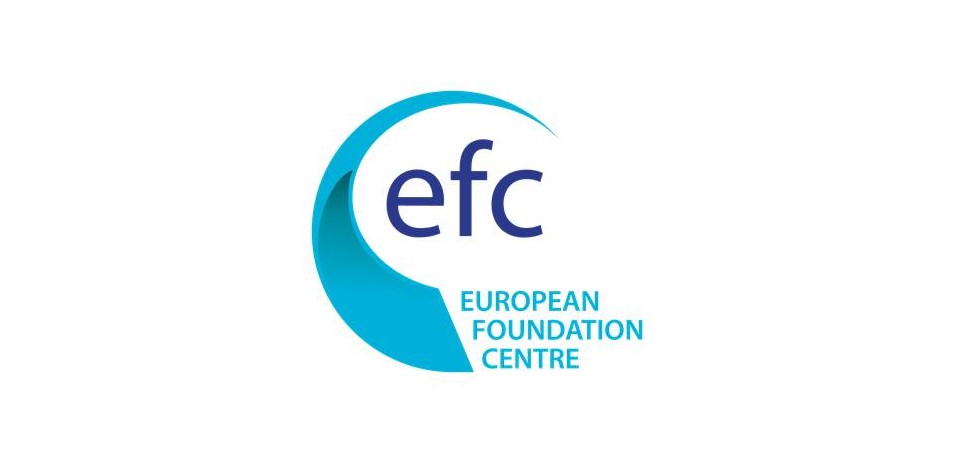
Keeping dialogue open, working together, and building back better
2020 will be remembered as the year COVID-19 upended every sphere of life, with a profound and lasting impact on the way we work and live, during which entire sectors of the economy came to a halt. Instead of being a catalytic year towards the achievement of the UN Sustainable Development Goals, for the first time, we witnessed the reversal of progress and deterioration across a wide range of issues and indicators. The equivalent of 400 million jobs were lost globally in the second quarter of 2020, 1.5 billion children were (and many are still) out of school, and there was a depressing increase in child labour, sexual violence, FGM, and more. Overall, those who were already disadvantaged have seen their situation worsen, increasing inequality globally.
European Foundation Centre (EFC) dialogue with our 200-strong membership from 32 countries was ongoing throughout this period, thanks largely to a survey to capture and share key initiatives and best practices, which then formed the basis for conversations on how to better understand the strategies underpinning members’ diverse approaches. From this, we gained four clear insights which will have crucial implications beyond the COVID-19 pandemic.
1 – Changes in ways of working: Many philanthropic organisations are unused to working “in emergency mode”, with their missions focused on more long-term frameworks. Throughout the crisis, across geographies and contexts, we have seen philanthropic organisations adapting rapidly to get emergency support out of the door to combat many of the social effects of the crisis on the most vulnerable groups of society, while at the same time assuring grantees and partners of their empathy, flexibility, and support to help them get out of the crisis. Trust was placed front and centre allowing for simplification of processes and decision-making. There was simply no time for red tape.
2 – Working in partnerships: COVID-19 brought to the fore complex and intertwined challenges in public health, social and economic policy, too formidable to tackle alone. EFC members opted to work together with other funders, public authorities, and the private sector to increase efficiencies and avoid duplication of critical resources. Over the course of less than a year, vaccines were developed that will bring a scientific exit to the current crisis, but going beyond Covid-19 there will be no silver bullets for the great challenges of our time, from tackling climate change to rising inequality. Multi-sector, comprehensive partnerships are the best bet for forging a sustainable future.
3 – Expansion of the philanthropic toolbox: Philanthropic organisations have diverse, powerful tools at their disposal – grants, projects, investments, networks, and non-financial support – to deploy to effect positive change. Vibrant democracies and societies need a well-resourced and developed civic space that combines capability, flexibility and resilience – going beyond grantmaking and complementing it with other tools and approaches will yield important returns.
4 – Increased self-scrutiny: working amidst rising inequalities and unequal distribution of power, philanthropic organisations are realising that while they need to look outwards to those around them, that there is also a real need to look inwards, to assess their own ways of working, their decision making processes with a critical eye. As the schism between power and disadvantage widens, philanthropic organisations must ensure that they reflect society both in terms of demographics but also lived experiences. By including a diverse range of perspectives and experiences every step of the way, to allow them to understand and better serve society.
Greece is uniquely familiar to both the concept and reality of ‘crisis’, having experienced one of the most painful economic recessions in recent memory, as well as the accompanying social crisis. Just as the word ‘krisis’ entails notions of judgement and evaluation, as a sector we will require good judgement to learn lessons and make the right choices if we are to emerge from these challenges stronger and build back better. At the EFC we believe institutional philanthropy has a unique, crucial, and timely role to play in meeting the critical challenges societies face in the short, medium, and long-term. If your organisation is interested in sharing skills and experiences, amplifying your voice, accessing data insights, and collaborating with your peers from around Europe to face these challenges together, come and find out more about us at www.efc.be.
Delphine Moralis
Chief Executive Officer
European Foundation Centre


